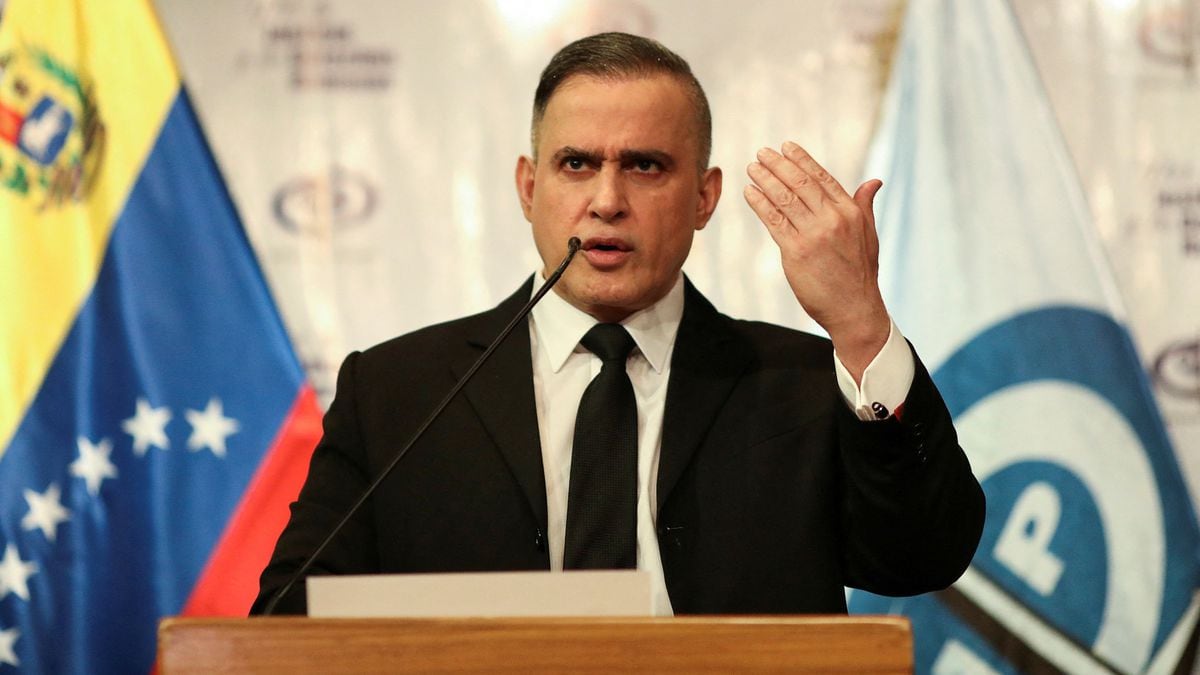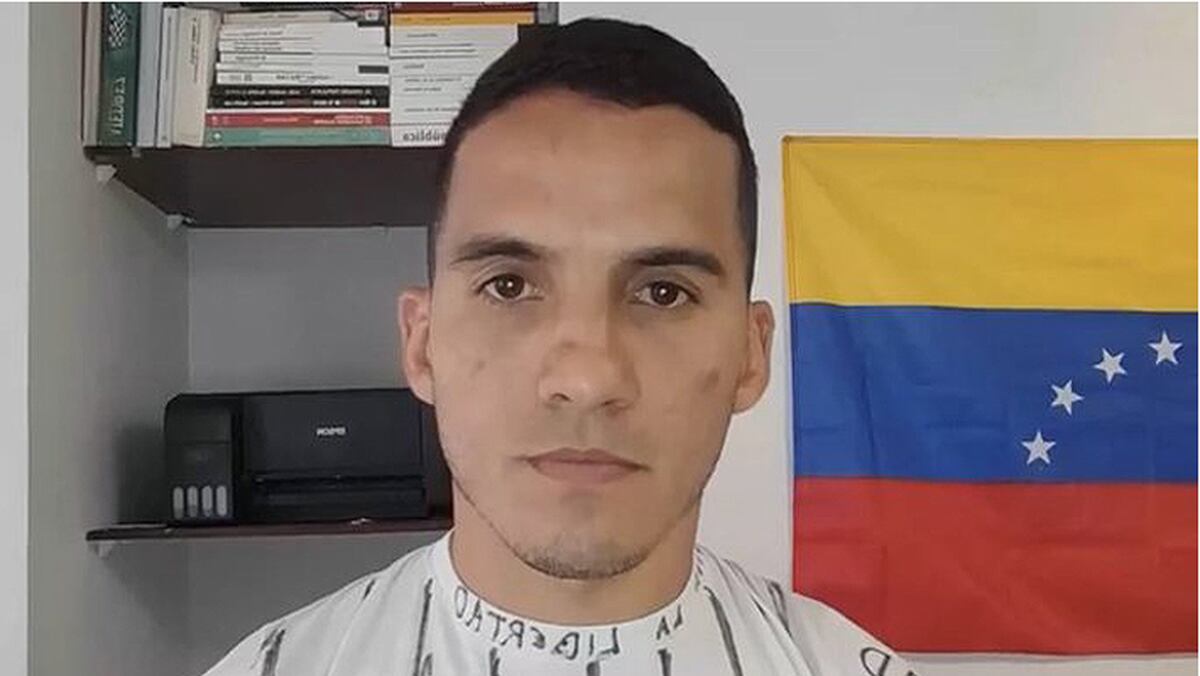Chile's national prosecutor, Ángel Valencia, who took office last January, ordered the creation of a special unit to investigate organized crime threats to the authorities.
It is an unprecedented measure in Chile, which has never seen the need to have a specialized body to deal with this type of matter.
Currently, there are at least four mayors of municipalities in Santiago de Chile who receive death threats after making complaints against drug trafficking.
In addition, prosecutors in both the north and the south of the country have been victims of verbal and written intimidation.
The latest case, from just last Monday, was the death threat to two opposition legislators, Miguel Mellado and Mauricio Ojeda, who represent the region of La Araucanía, located some 700 kilometers from Santiago.
Their names appeared on a canvas after an attack on a bridge claimed by one of the eight radical groups operating in that territory.
The Government of President Gabriel Boric filed a complaint.
Valencia appointed the head of the southern metropolitan prosecutor's office, Héctor Barros, in charge of this new unit, who will lead a team of 13 prosecutors from all over the country.
The investigator is in the midst of designing the work structure, which will contemplate the investigation of threats to authorities, including judges and prosecutors, as long as they come from organizations associated with organized crime.
Even, he is evaluating that the investigations also contemplate the intimidation of the police.
Barros is a specialist in organized crime and his jurisdiction covers 12 municipalities in the southern sector of Santiago.
Precisely, three of the mayors who have received death threats –Claudia Pizarro from La Pintana, Gustavo Toro from San Ramón and Germán Codina from Puente Alto– belong to this territory, and their causes have been investigated by their prosecutor's office.
The fourth authority is Rodolfo Carter, mayor of La Florida, a municipality in the eastern sector of Santiago and the fifth largest in the country.
Since February, Carter has promoted a controversial measure to demolish homes associated with drug traffickers, which has been supported by citizens in the latest Cadem poll with 83%.
“With the beginning of the confrontation with the drug world, months ago posters, pamphlets and
a monkey began to appear
mine hanged
The last time was on Wednesday (March 22), when we did the last demolition.
The drug traffickers yelled at me: 'We know where you live, who your children are, we are going to kill their mother.
But the fear lasts for a second," Carter said at a press conference.
Pizarro, whose municipality of La Pintana is the poorest in Santiago, was the first authority to have police protection due to the death threats that began in 2019, for which reason he has had police protection since that date.
Although the mayoress was born and lived in that same commune, due to security measures she had to move to another.
“Permanently I am afraid, I am afraid.
They've marked my office.
It is quite complex to live with police protection, ”she said in an interview last Sunday.
“Your family is beautiful”
Until before the creation of the unit led by Barros, threats to authorities in Chile were investigated by each of the prosecutor's offices where the complaint was made.
Today, on the other hand, they will be centralized in their distribution.
In July 2022, the National Association of Prosecutors, chaired by Francisco Bravo and which brings together 90% of the country's persecutors, conducted a survey that revealed that 30% of prosecutors, or their family members, have received threats due to the tasks of your job.
The survey also found that about 10% of them said they had received physical attacks.
Bravo explains to EL PAÍS that they carried out the survey after a series of threats to prosecutors both in the southern zone of Chile, where they investigate cases of rural violence, and in the northern regions, which concentrate drug trafficking and organized crime cases.
"Since 2015, as homicide crimes with firearms have increased considerably in Chile, this issue has aroused greater concern for us," he says.
In the south, radical groups have left banners and canvases with the names of at least three prosecutors.
Of them, only one has been made public.
In July 2021, after an arson attack in La Araucanía, a canvas appeared with the following threat: “Prosecutor Enrique Vásquez.
Your family is beautiful.
We have you in our sights."
It is a situation similar to that faced in that area by the last three wardens of the Angol prison, in the same region, with messages of a similar tone.
Bravo adds that his union is concerned, especially for prosecutors in the north of the country.
He mentions Tarapacá, Arica and Antofagasta, three regions of Chile where organized crime configures a new criminality, partly associated with the irruption of international gangs that have arrived in the country irregularly.
He recalls that, after the survey, the national prosecutor's office, led by Jorge Abbott at the time, carried out a new study with similar characteristics, but on that occasion the prosecutors were selected according to their risk situation: high, medium or low.
"According to the information we have, about 50 prosecutors in Chile are in a high-risk situation," says Bravo, who does not provide details for security reasons.

/cloudfront-eu-central-1.images.arcpublishing.com/prisa/QC2TADPWCVBQNNBGG2RK4CUQHY.jpeg)


/cloudfront-eu-central-1.images.arcpublishing.com/prisa/TVN45YSCZJDALEWHC7VID5LTM4.jpg)









